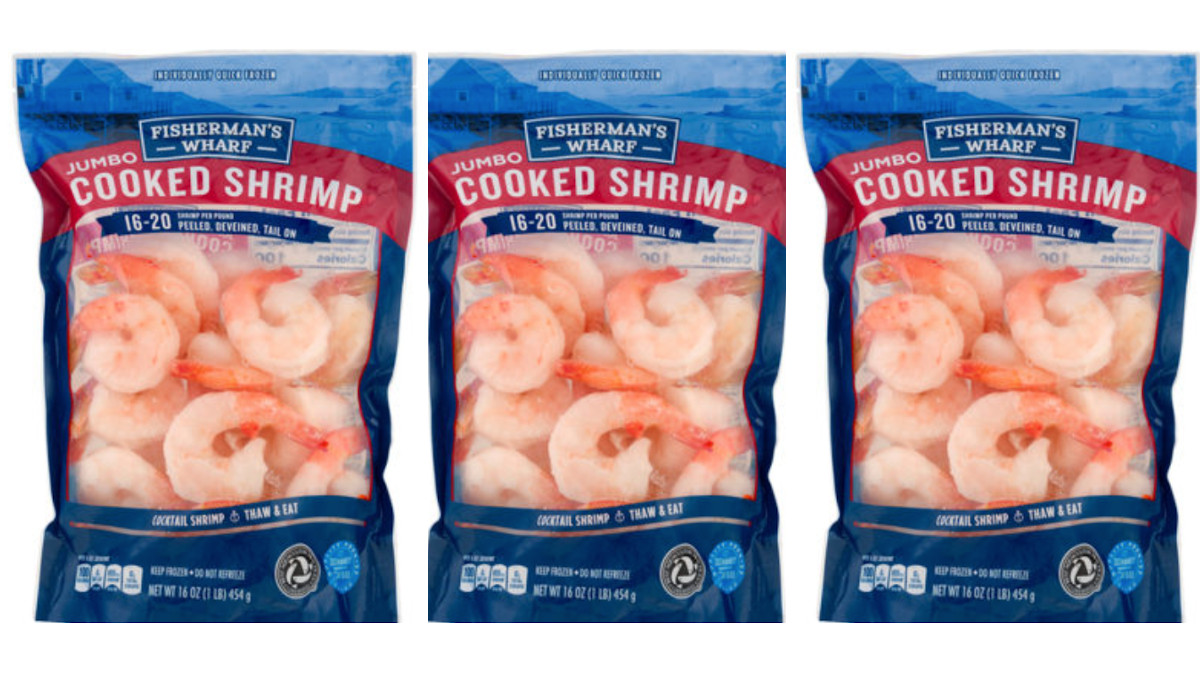Three grocery chains are recalling certain frozen, cooked shrimp after testing revealed Listeria monocytogenes.
Winn-Dixie, Fresco y Más, and Harveys Supermarkets stores recalled their Fisherman’s Wharf brand “Jumbo Cooked Shrimp” according to company officials with the chains’ parent company, SoutheasternGrocers.
Because of the long shelf life of the product, which reaches into 2023, there is concern that consumers may have the product in their home freezers.
The recalled frozen shrimp is packaged in plastic bags with 16-20 pieces in each bag. The 16-ounce bags are marked with the UPC number 2114003262 and a best-by date of April 5, 2023.
Consumers are advised to not use the recalled shrimp and to throw them away or return them to the place of purchase for a refund.
The possible Listeria contamination was found after routine testing in the 16-20 count 16 oz. bags of the product, officials confirmed.
Sale of the product has been suspended while the Food and Drug Administration and the company investigate the source of the problem.
Consumers with questions can call the parent company at 844-745-0463.
About Listeria infections
Food contaminated with Listeria monocytogenes may not look or smell spoiled but can still cause serious and sometimes life-threatening infections. Anyone who has eaten any of the recalled shrimp and developed symptoms of Listeria infection should seek medical treatment and tell their doctors about the possible Listeria exposure.
Also, anyone who has eaten any of the recalled product should monitor themselves for symptoms during the coming weeks because it can take up to 70 days after exposure to Listeria for symptoms of listeriosis to develop.
Symptoms of Listeria infection can include vomiting, nausea, persistent fever, muscle aches, severe headache and neck stiffness. Specific laboratory tests are required to diagnose Listeria infections, which can mimic other illnesses.
Pregnant women, the elderly, young children, and people such as cancer patients who have weakened immune systems are particularly at risk of serious illnesses, life-threatening infections and other complications. Although infected pregnant women may experience only mild, flu-like symptoms, their infections can lead to premature delivery, infection of the newborn or even stillbirth.
(To sign up for a free subscription to Food Safety News, click here.)

